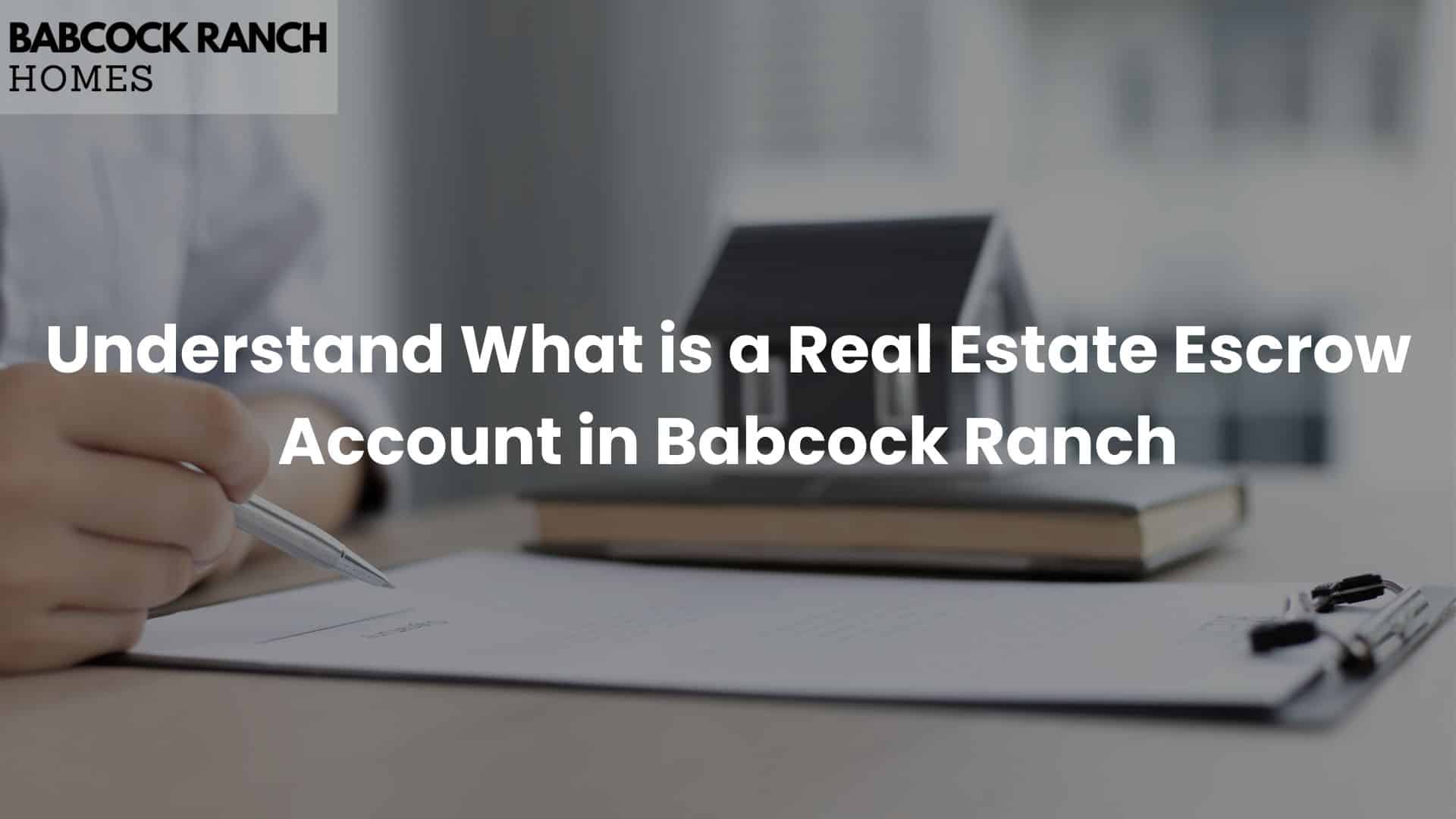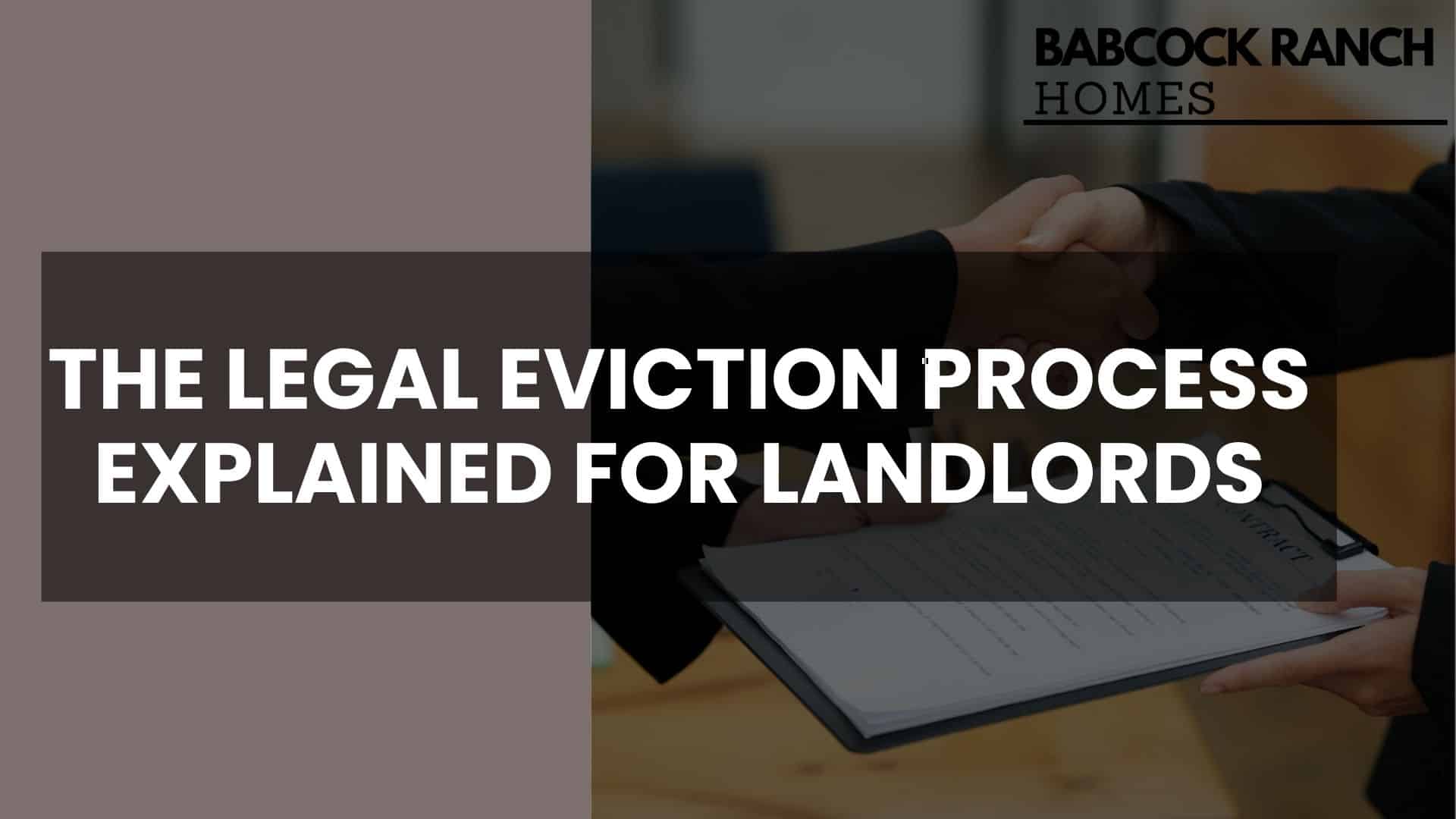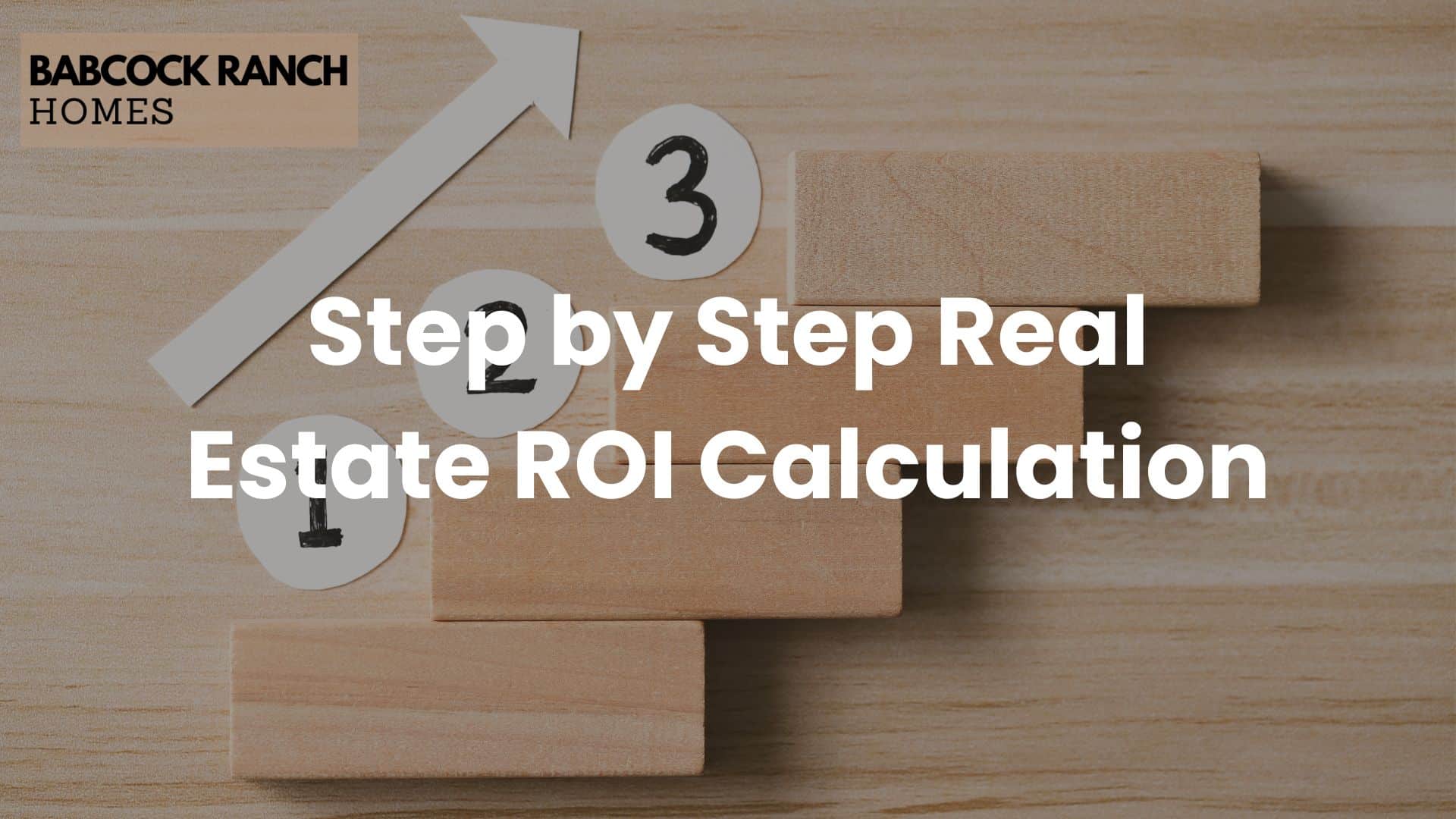Are you a church leader or administrator puzzled by property tax exemptions? This guide demystifies the complex world of tax exemptions for religious organizations. We’ll explore the legal foundations, qualification criteria, and application process for property tax exemptions. You’ll learn when churches might need to pay taxes and best practices to maintain tax-exempt status. By understanding these crucial aspects, you’ll be better equipped to navigate the financial landscape of your religious organization and ensure compliance with tax laws.
Key Takeaways
- Churches must meet specific criteria and navigate complex regulations to maintain property tax exemptions
- Regular compliance audits and staying informed about legal changes are crucial for maintaining tax-exempt status
- Property tax exemptions for churches can significantly impact local government finances and community services
- Churches often provide valuable social contributions that offset the financial impact of their tax exemptions
- Transparency, accountability, and professional guidance are essential for churches to maintain their tax-exempt status
The Legal Foundations of Property Tax Exemptions for Churches

The legal foundations of property tax exemptions for churches in the United States rest on three key pillars: Constitutional protections, federal laws, and state and local regulations. These frameworks, governed by the Internal Revenue Service, ensure religious organizations’ freedom while managing their tax obligations. Understanding these legal bases is crucial for church management, impacting income tax, insurance, and overall financial planning.
Constitutional Protections and Religious Freedom
The First Amendment of the U.S. Constitution forms the cornerstone of religious freedom, shielding religious organizations from undue government interference. This protection extends to property tax exemptions for churches, as taxing religious property could be seen as inhibiting free exercise of religion. However, this exemption doesn’t cover unrelated business income tax or properties leased for non-religious purposes. The balance between religious liberty and fair taxation is reflected in the following table:
| Property Type | Tax Status | Conditions |
|---|---|---|
| Church building | Exempt | Used for religious purposes |
| Leased real property | Taxable | Not used for religious activities |
| Business income | Taxable | Unrelated to religious mission |
Federal Laws Governing Church Tax Exemptions
Federal laws, primarily codified in the Internal Revenue Code, establish the framework for church tax exemptions. These regulations outline the criteria for religious organizations to maintain their tax-exempt status, including restrictions on political activities and requirements for financial transparency. Churches must navigate complex payroll and income tax regulations while adhering to constitutional principles of religious freedom. The IRS oversees these laws, ensuring that religious institutions comply with financial reporting standards without infringing on their religious practices.
State and Local Regulations Affecting Churches
State and local regulations play a crucial role in shaping property tax exemptions for churches. These laws vary by jurisdiction and often require religious organizations to meet specific criteria to maintain their tax-exempt status. Churches must navigate complex fiscal year requirements, file accurate tax returns, and manage their budgets in accordance with local regulations. Ownership of church property is typically a key factor in determining eligibility for exemptions. Local authorities may conduct periodic reviews to ensure compliance:
- Assess property use and ownership
- Review financial records and tax returns
- Evaluate adherence to local zoning laws
- Determine eligibility for continued exemption
Criteria for Churches to Qualify for Property Tax Exemptions

Churches must meet specific criteria to qualify for property tax exemptions. These include defining the organization as a church for tax purposes, meeting ownership and use requirements, submitting necessary documentation, and maintaining compliance with tax laws. Understanding these criteria is crucial for religious organizations seeking to maintain their tax-exempt status while navigating issues of separation of church and state, donation handling, and payroll tax obligations.
Defining a Church for Tax Purposes
Defining a church for tax purposes requires meeting specific criteria set by tax authorities. The Internal Revenue Service (IRS) considers factors such as regular congregations, established places of worship, and recognized creed and form of worship when determining if an organization qualifies as a church. This classification impacts whether churches pay property taxes and influences their overall tax assessment. Places of worship must demonstrate their primary purpose is religious activities to maintain their tax-exempt status and avoid generating unrelated business income that could jeopardize their revenue-based exemptions.
Ownership and Use Requirements for Exemption
Property ownership and use requirements are crucial factors in determining a church’s eligibility for tax exemptions. Under most jurisdictions’ laws, the property must be owned by the nonprofit organization and primarily used for religious purposes to qualify for exemption. Churches must carefully consider how they utilize their spaces, as areas used for non-religious activities or advertising may be subject to property taxes. The specific requirements vary by jurisdiction, emphasizing the importance of understanding local regulations.
Necessary Documentation and Filing Procedures
Churches seeking property tax exemptions must navigate a complex documentation and filing process. Religious organizations typically need to submit detailed applications to local tax authorities, providing evidence of their nonprofit status, ownership of the property, and its use for religious purposes. This often includes filing Form 990 with the IRS, presenting organizational bylaws, and maintaining accurate financial records to demonstrate compliance with tax regulations.
Maintaining Compliance With Tax Laws
Maintaining compliance with tax laws is crucial for churches to retain their property tax exemptions. Religious organizations must regularly review their operations, financial practices, and property usage to ensure they meet the criteria set by local and federal authorities. Churches should implement robust accounting systems, conduct periodic internal audits, and stay informed about changes in tax regulations. Key areas of focus include:
- Proper handling of donations and financial records
- Accurate reporting of unrelated business income
- Adherence to restrictions on political activities
- Timely filing of required tax forms and reports
- Maintaining documentation of property use for religious purposes
Situations Where Churches Might Pay Property Taxes

Churches may face property tax obligations in certain situations. These include engaging in commercial activities, leasing property to non-exempt entities, using property for non-religious purposes, and losing tax-exempt status. Understanding these scenarios is crucial for religious organizations to maintain their tax-exempt status and comply with legal requirements.
Engaging in Commercial or for-Profit Activities
Churches engaging in commercial or for-profit activities may lose their property tax exemption for the portions of their property used for these purposes. Local tax authorities often scrutinize church-owned businesses, such as bookstores or cafes, to determine if they qualify as unrelated business income. If a significant portion of a church’s property is used for non-religious commercial activities, it may be subject to property taxes, even if the income supports the church’s mission.
Leasing Property to Non-Exempt Entities
Churches that lease property to non-exempt entities may be required to pay property taxes on those portions of their property. This situation often arises when religious organizations rent out space to businesses or other organizations not qualifying for tax exemption. Local tax authorities assess these arrangements to determine if the leased areas should be subject to property taxes, even if the rental income supports the church’s mission. Churches must carefully consider the tax implications of leasing decisions and may need to structure agreements to minimize tax liability:
| Lease Type | Tax Status | Considerations |
|---|---|---|
| Short-term to exempt entity | Generally exempt | Minimal impact on tax status |
| Long-term to non-exempt entity | Potentially taxable | May affect property tax exemption |
| Mixed-use leasing | Partially taxable | Prorated based on usage |
Using Property for Non-Religious Purposes
Churches using their property for non-religious purposes may forfeit their tax-exempt status for those specific areas. Local tax authorities assess how religious organizations utilize their spaces, and portions of property used for secular activities, such as community events or private gatherings unrelated to worship, may be subject to property taxes. This scrutiny ensures that tax exemptions apply only to areas genuinely dedicated to religious functions, maintaining fairness in the tax system while respecting the separation of church and state.
Consequences of Losing Tax-Exempt Status
Losing tax-exempt status can have severe financial consequences for churches. They may face retroactive property tax assessments, potentially dating back several years, which can strain their budgets significantly. Additionally, the loss of tax-exempt status affects income tax obligations, requiring churches to pay taxes on donations and other revenue streams. This change can impact a church’s ability to maintain its property, fund programs, and continue its religious mission effectively.
The Application Process for Property Tax Exemption

The application process for property tax exemption involves several critical steps for churches. This section covers preparing required forms and documentation, navigating state and local tax agencies, meeting deadlines and renewal requirements, and addressing denials and appeals. Understanding these procedures is essential for religious organizations seeking to maintain their tax-exempt status.
Preparing Required Forms and Documentation
Churches seeking property tax exemption must meticulously prepare required forms and documentation. This process typically involves gathering financial records, organizational bylaws, and proof of property ownership and usage. Churches should compile a comprehensive application package that includes:
- Completed exemption application form
- Articles of incorporation and IRS determination letter
- Detailed property description and usage statement
- Financial statements and budgets
- Evidence of charitable or religious activities
Navigating State and Local Tax Agencies
Navigating state and local tax agencies requires churches to understand the specific requirements and procedures of their jurisdiction. Religious organizations must identify the appropriate tax authority, which may be a county assessor’s office or state revenue department, and familiarize themselves with local exemption laws. Churches should maintain open communication with these agencies, seeking guidance on application processes and responding promptly to requests for additional information or clarification.
Meeting Deadlines and Renewal Requirements
Meeting deadlines and renewal requirements is crucial for churches to maintain their property tax exemption status. Religious organizations must adhere to specific timelines set by local tax authorities for initial applications and annual renewals. Churches should establish a system to track these deadlines and gather necessary documentation well in advance. Timely submission of renewal applications and any required supporting materials is essential to avoid lapses in exemption status. Key considerations for meeting deadlines and renewal requirements include:
- Calendar deadlines for initial applications and renewals
- Gather and update required documentation annually
- Submit renewal forms before expiration of current exemption
- Respond promptly to any requests for additional information
- Keep records of all submissions and communications with tax authorities
Addressing Denials and Appeals
Churches facing denials of their property tax exemption applications have the right to appeal these decisions. The appeal process typically involves submitting additional documentation, attending hearings, and potentially seeking legal counsel. Religious organizations must carefully review the reasons for denial and address each point systematically in their appeal. Timelines for filing appeals vary by jurisdiction, making it crucial for churches to act promptly. The following table outlines the general steps in the appeals process:
| Step | Action | Timeframe |
|---|---|---|
| 1 | Receive denial notice | Varies |
| 2 | File appeal notice | Usually 30-60 days |
| 3 | Submit additional evidence | As requested |
| 4 | Attend appeal hearing | Scheduled by authority |
| 5 | Receive decision | Varies |
The Impact of Property Tax Exemptions on Communities

Property tax exemptions for churches significantly impact communities. This section examines the economic effects on local governments, highlighting revenue implications. It also explores the social contributions of tax-exempt churches and analyzes public debates surrounding these policies. Understanding these aspects is crucial for assessing the overall impact of church property tax exemptions on communities.
Economic Effects on Local Governments
Property tax exemptions for churches can significantly impact local government finances. Municipalities often face reduced revenue streams due to these exemptions, potentially affecting their ability to fund essential services like education, infrastructure, and public safety. Local governments must carefully balance the benefits of supporting religious institutions with the need to maintain a stable tax base. Some communities have implemented alternative revenue mechanisms, such as payments in lieu of taxes (PILOTs), to mitigate the financial impact of these exemptions.
Social Contributions of Tax-Exempt Churches
Tax-exempt churches often provide significant social contributions to their communities, offsetting the financial impact of their property tax exemptions. These religious institutions frequently offer essential services such as food banks, homeless shelters, and youth programs, addressing critical social needs that might otherwise fall to local governments. Churches also serve as community centers, fostering social cohesion and providing spaces for various civic activities, thereby enhancing the overall quality of life in their neighborhoods.
Public Debates and Policy Considerations
Public debates surrounding church property tax exemptions often focus on the balance between religious freedom and fair taxation. Critics argue that these exemptions shift the tax burden to other property owners and reduce local government revenues. Supporters contend that churches provide valuable community services that offset the lost tax revenue. Policymakers must navigate these complex issues, considering factors such as separation of church and state, community welfare, and fiscal responsibility when evaluating exemption policies.
Best Practices for Churches to Maintain Tax-Exempt Status

Churches must implement best practices to maintain their tax-exempt status. These practices include conducting regular compliance audits, staying informed about legal changes, consulting with tax and legal professionals, and promoting transparency and accountability. By following these guidelines, religious organizations can ensure they meet all requirements for property tax exemptions and maintain their financial integrity.
Conducting Regular Compliance Audits
Regular compliance audits are essential for churches to maintain their tax-exempt status. These audits involve a comprehensive review of financial records, property usage, and organizational practices to ensure adherence to tax regulations. Churches should establish a systematic audit schedule, typically annually or bi-annually, to identify and address any potential compliance issues before they escalate. By conducting these audits, religious organizations can demonstrate their commitment to transparency and maintain their eligibility for property tax exemptions.
Staying Informed About Legal Changes
Churches must stay informed about legal changes affecting their tax-exempt status. Religious organizations should regularly review updates to federal, state, and local tax laws that may impact their property tax exemptions. Establishing a system to monitor legislative changes, court decisions, and regulatory updates is crucial. This proactive approach helps churches anticipate and adapt to new requirements, ensuring continued compliance with tax regulations. Key areas to monitor include:
- Changes in property tax exemption criteria
- New reporting requirements for nonprofit organizations
- Updates to unrelated business income tax regulations
- Modifications to charitable contribution rules
- Revisions to state and local zoning laws affecting religious property use
Consulting With Tax and Legal Professionals
Churches should regularly consult with tax and legal professionals to navigate the complexities of maintaining tax-exempt status. These experts can provide invaluable guidance on property tax exemptions, financial reporting requirements, and compliance with evolving regulations. By engaging specialized professionals, religious organizations can ensure they adhere to best practices, minimize legal risks, and maintain their tax-exempt status effectively. Key areas where professional advice is crucial include:
- Interpreting new tax laws and their impact on church operations
- Structuring financial transactions to maintain compliance
- Preparing and reviewing tax filings and exemption applications
- Addressing potential conflicts between religious practices and legal requirements
- Developing strategies for long-term financial sustainability
Promoting Transparency and Accountability
Promoting transparency and accountability is crucial for churches to maintain their tax-exempt status and build trust with their communities. Religious organizations should implement clear financial reporting practices, making their budgets, expenses, and property usage information readily available to members and relevant authorities. Churches can enhance their accountability by establishing oversight committees, conducting regular external audits, and promptly addressing any concerns raised by congregants or local officials regarding their tax-exempt status.
Conclusion
Understanding property tax exemptions for churches is crucial for religious organizations to maintain their financial stability and comply with legal requirements. These exemptions, rooted in constitutional protections and governed by federal, state, and local laws, require churches to meet specific criteria and navigate complex application processes. While these exemptions can impact local government revenues, they also enable churches to contribute valuable social services to their communities. By implementing best practices, staying informed about legal changes, and promoting transparency, churches can effectively maintain their tax-exempt status and continue fulfilling their religious and community missions.




















